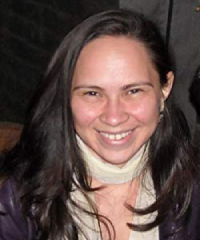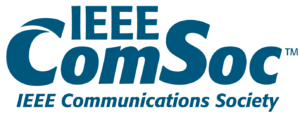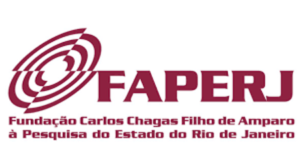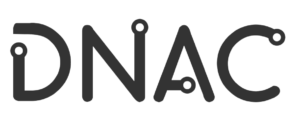Keynote 1:
Title: Internet of Health Things: Security Issues and Perspectives for Authentication and Data Privacy
Abstract: The Internet of Health Things (IoHT) has revolutionized medicine and healthcare, opening up a world of possibilities. IoHT offers ubiquitous communication to the Internet for healthcare devices, supporting new and critical applications (e.g., continuous monitoring of vital signs and insulin delivery automation) towards smart healthcare. One third of the existing IoT devices are healthcare-related devices and it is estimated that 87% of health organizations use IoHT. With the IoHT popularization and the new regulations for data protection and data privacy, security issues and solutions have attracted attention from academia and industry. This talk will discuss the security issues in this context and present perspectives for Authentication and Data Privacy in IoHT.

Michele Nogueira
(Federal University of Parana, Brazil)
Biography: Michele Nogueira is an Associate Professor of the Computer Science Department at Federal University of Paraná, where she has been since 2010. She holds a doctorate degree in Computer Science from the University Pierre et Marie Curie – Sorbonne Université, Laboratoire d’Informatique de Paris VI (LIP6). Her research interests include wireless networks, security and dependability. She has worked on providing resilience to self-organized, cognitive and wireless networks by adaptive and opportunistic approaches. Dr. Nogueira was one of the pioneers in addressing survivability issues in self-organized wireless networks, being the works “A Survey of Survivability in Mobile Ad Hoc Networks” and “An Architecture for Survivable Mesh Networking” her prominent scientific contributions. She has been a recipient of Academic Scholarships from Brazilian Government on her undergraduate and graduate years, and of international grants such as from the ACM SIGCOMM Geodiversity program. She is ACM and IEEE Senior Member.
Keynote 2:
Title: Challenges of low-cost air quality monitoring with wireless sensor networks
Abstract: Air quality is a major issue as it is responsible for millions of early death and deseases every year. Many cities are trying to take actions, one of the first being to understand and monitor the spread of the pollution. The rise of microsensors allows to envision dense networks of sensors that can be deployed to obtain a measurements with a high spatio-temporal definition. However such deployement has to be optimized with respect to the urban environment, the physical phenomenon and the networking architecture. Another challenge is to keep as long as possible the quality of the data procuded by low cost devices. This talk will survey recent works on these issues : optimization, design, data collection and sensor calibration.

Hervé Rivano
(Insa Lyon, France)
Biography: Hervé Rivano is University Professor at INSA Lyon. He is the head of the Inria/INSA Lyon common team Agora of the CITI lab. The team focuses on wireless networks for digital cities. His research interests include combinatorial optimization applied to network design and provisioning. He focuses on capacity/energy tradeoff for urban cellular and mesh networks design and low cost and dense wireless sensor networks for environmental sensing.
Keynote 3:
Title: Urban Sensing: the role of IoT, Edge computing and Distributed Learning
Abstract: Smart city service and applications assume a pervasive urban sensing platform that enables the collection of big and heterogeneous data generated by a diversity of sources in urban spaces, such as personal and wearable devices, sensors, vehicles, and buildings, to tackle the major issues that cities face, e.g., air pollution, increased energy consumption and traffic congestion. Existing IoT platforms rely on remote cloud services to perform the integration and analysis of the collected data. However, new challenges and emerging trends are pushing data, computing, and analytics into the rapidly expanding world at the edge of the IoT ecosystem. In this talk, I will advocate the vision of a “smart edge” that not only supports computation offloading but serves as a broker between sensed data streams and distributed processing to fulfil the heterogeneous requirements of latencey-sensitive IoT services. I will use examples from my group’s ongoing research showing some of the challanges and opportunities that edge data and distributed analytics are introducing to IoT research.

Raffaele Bruno
(CNR-IIT, Italy)
Biography: Raffaele Bruno is a researcher of the National Research Council (CNR) of Italy, and a member of the Ubiquitous Internet Lab of the CNR Institute of Informatics and Telematics (IIT) in Pisa. He holds a PhD on Information Engineering from the University of Pisa Italy. His current research interests concern various topics in the broad areas of Cyber-Physical Systems and Smart Cities, ranging from IoT protocosl and architctures, and edge computing in 5G and beyond networks, to the modelling and control of green and on-demand mobility systems. He was the founder and orginaniser of the IEEE SmartVehicles workshop series, and has served as program co-chair of conferennces on mobile and wireless systems incluing WoWMoM 2016 and WWIC 2019. He is the Editor-in-Chief of the Internet of Things section of the MDPI Sensors journal.





